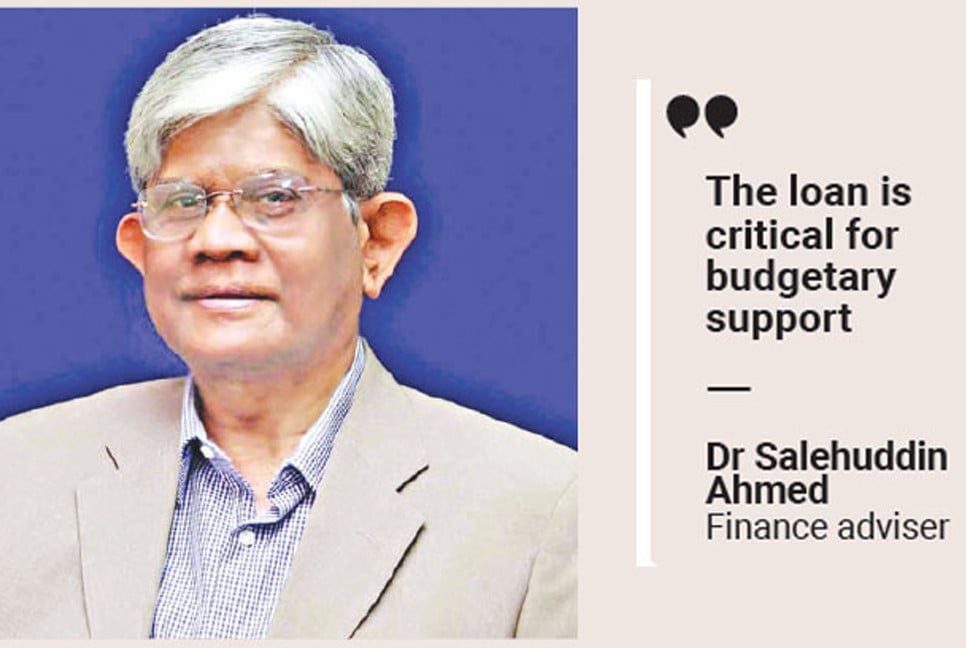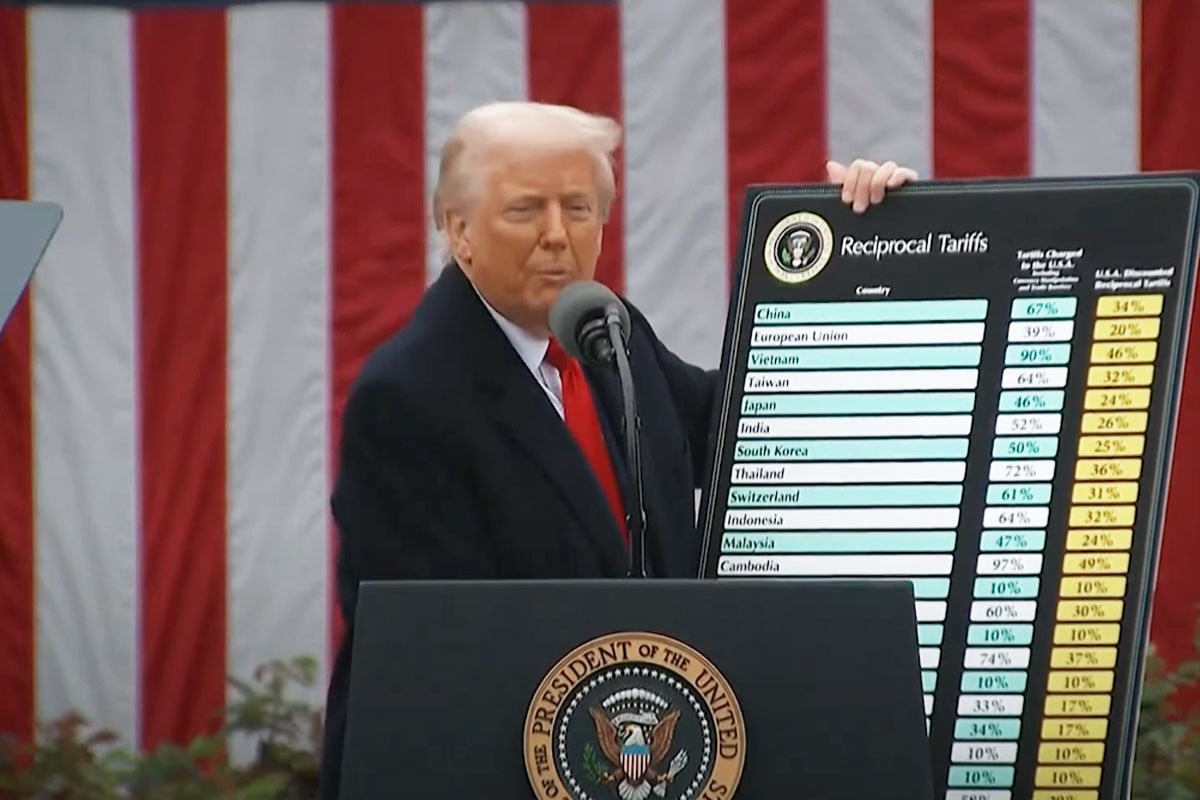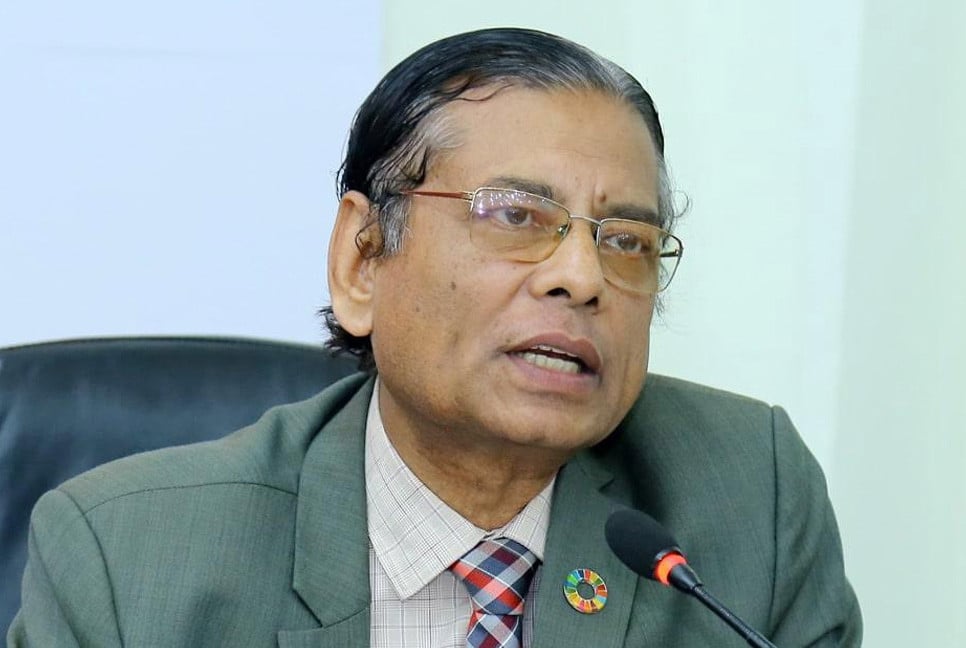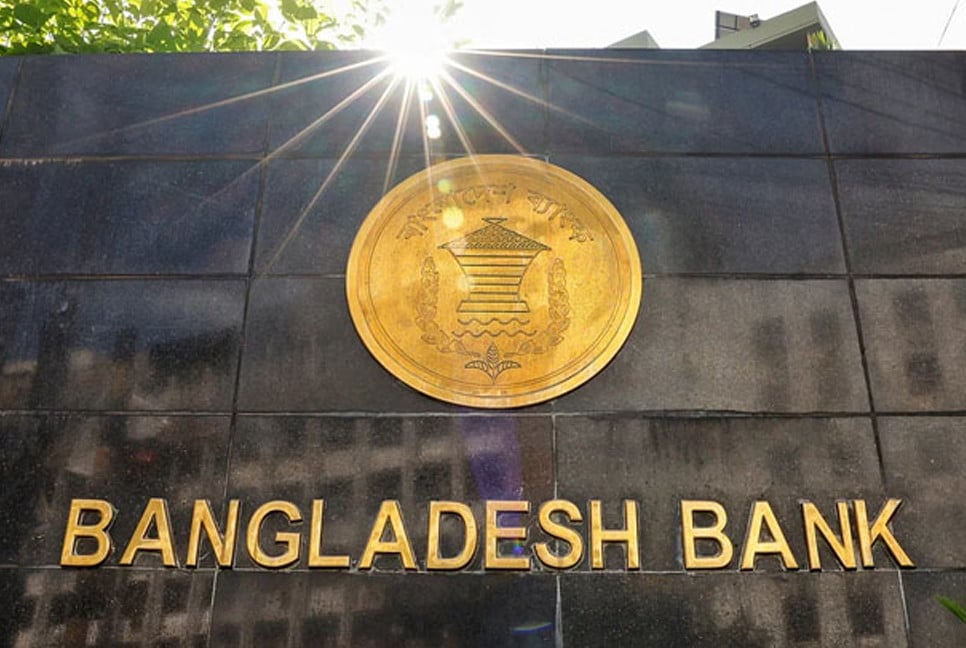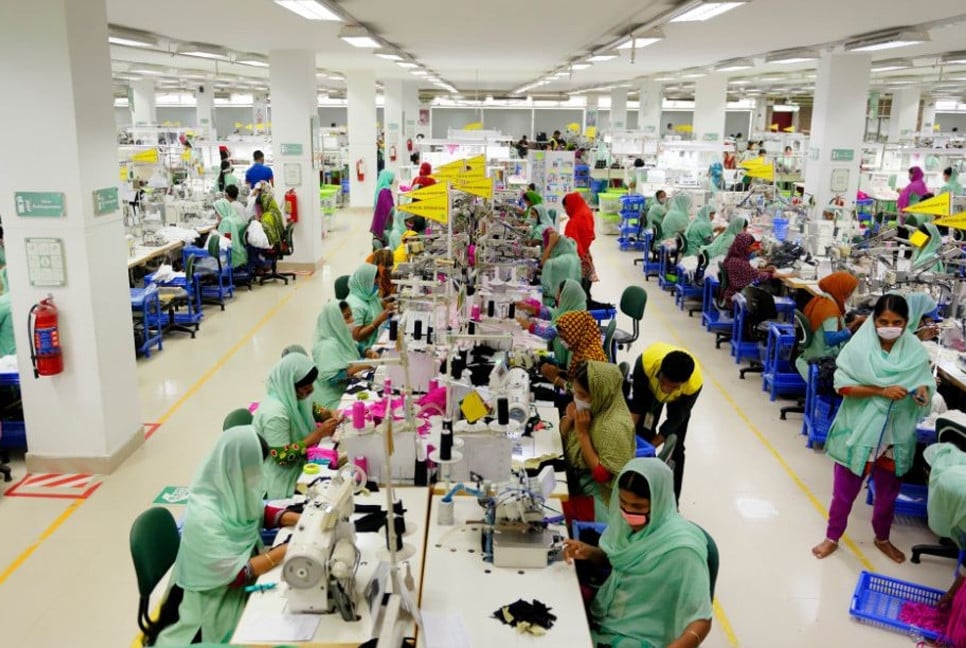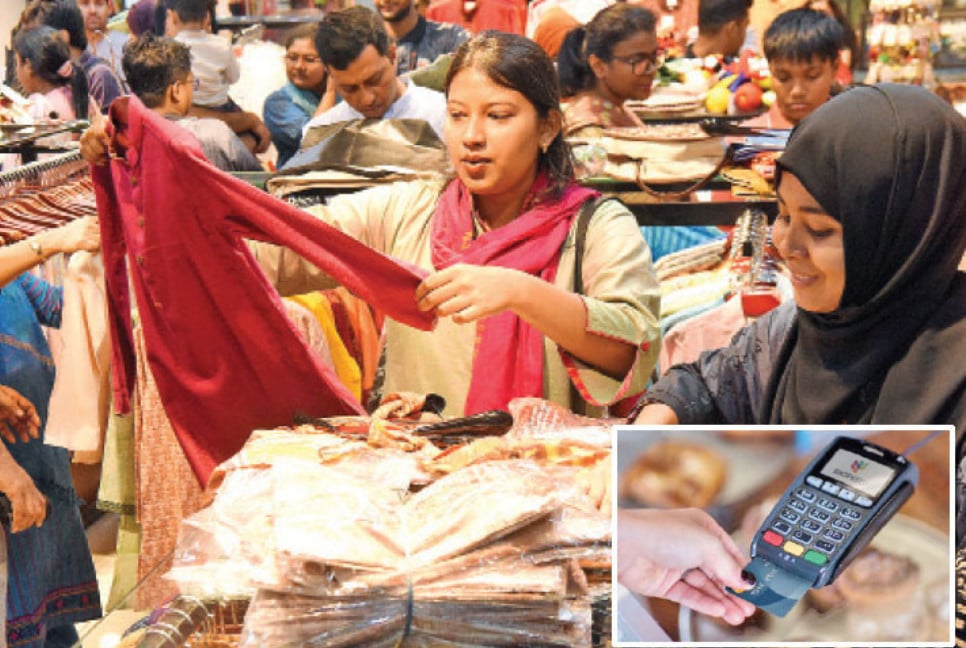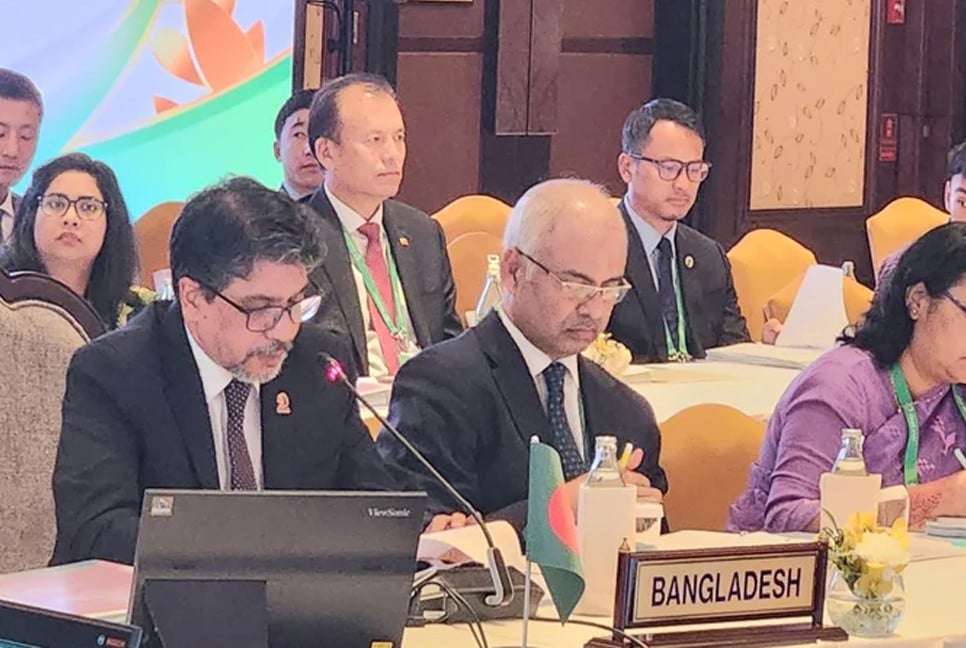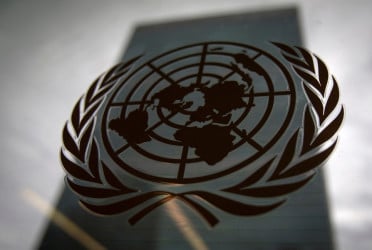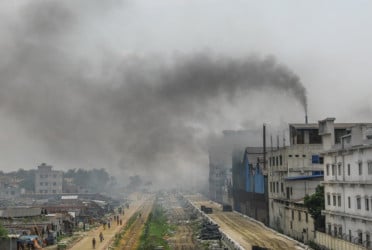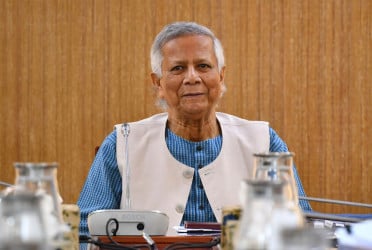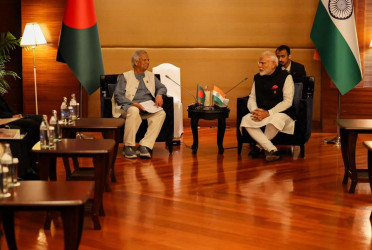More than six months have passed since the Interim Government assumed power following the fall of the fascist Sheikh Hasina's government amid a Mass Uprising, yet there has been little to no visible progress in the country's economy. Stagnation persists across all sectors, with business confidence dwindling, inflation remaining high, and both domestic and foreign investments failing to grow. The private sector has seen a decline in loans, and the banking crisis remains unresolved. Analysts point to social, political, and administrative uncertainties as the root causes, noting that the lack of attention to these issues has hindered economic recovery.
When the Awami League came to power following the December 29, 2008 elections, NPLs stood at 22,481 crore taka. By the end of June 2024, this figure had risen to 2,11,391 crore taka. The exchange rate of the dollar, once 84 taka, had exceeded 110 taka. Allegations of embezzlement and the illicit transfer of funds through loans have surfaced. Food inflation reached 10.42%, and net foreign direct investment for the July-September 2023-24 period was a mere 36 crore dollars, while private sector loan growth was 9.8%. These were the economic conditions under the ousted Awami League government, leading to widespread accusations of bringing the country’s economy to the brink of collapse.
Upon assuming power, the Interim Government has introduced various reform programs for the country's financial sector, including several initiatives aimed at banking sector reform. However, the question remains: how much progress has the country's economy made in the past six months as a result of these measures?
When asked about this, Mustafa K. Mujeri, former DG of the Bangladesh Institute of Development Studies (BIDS), told Bangladesh Pratidin, "If we consider inflation, growth, and employment, the situation has remained the same across all sectors. As a result, there is overall stagnation in the economy, with no signs of progress. Even after more than six months, the issues persist. The weak banks continue to operate as before, and the banking sector remains on the brink. Controlling inflation was supposed to be a major aspect of improving market management, but has there been any progress in that area? The market management is still as it was."
Syed Nasim Manzur, former president of the Dhaka Metropolitan Chamber of Commerce and Industry and president of the Leather Goods and Footwear Manufacturers and Exporters Association of Bangladesh, said, "There is no country where businesses can generate profit with double-digit bank interest rates. In Bangladesh, the current interest rate exceeds 15%. To enhance product quality, reputation, and integration with the global value chain, attracting direct foreign investment (FDI) is crucial, but this will not materialize under the current circumstances. For economic development, investment must be encouraged, and to facilitate this, business activities must remain operational. The policies of Bangladesh Bank must be more supportive of entrepreneurs."
According to data from the Bangladesh Bureau of Statistics, food inflation reached 10.72% at the end of January this year, although it has decreased by 2.2 percentage points compared to December of the previous year. NPLs are projected to surpass 5 lakh crore taka next month, up from 2,84,977 crore taka at the end of September last year. By December, private sector loan growth had slowed by 2.5%, standing at 7.3%. For the July-September 2024-25 fiscal year, net foreign direct investment totaled 10 crore 40 lakh dollars, while private investment remains stagnant at around 23-24%.
Analysts suggest that the most pressing challenges for the current government are controlling inflation and restoring public trust in the banking sector. Bangladesh Bank has allocated 22,500 crore taka to support struggling banks and reimburse depositors. Despite several interest rate hikes, now at 10%, inflation remains persistent, and there has been limited progress in these areas.
Mustafizur Rahman, Honorable Fellow at the Center for Policy Dialogue (CPD), said, "The public expects visible actions in the financial sector. Even if it's just a small step, there must be tangible progress. Currently, inflation is the primary concern. While raising interest rates has somewhat curbed its growth, it remains elevated. The underlying issue is that purchasing power is not increasing through higher investment."
Toufic Ahmad Choudhury, former DG of the Bangladesh Institute of Bank Management, said, "If inflation could be controlled, it would benefit the general public significantly. It can be said that revenue collection has decreased compared to before. There has been no economic growth, nor has the situation worsened."
"For overall economic improvement, the country's stability, political stability, institutional stability, and development must be prioritized," he added.
Translated by ARK/Bd-Pratidin English


